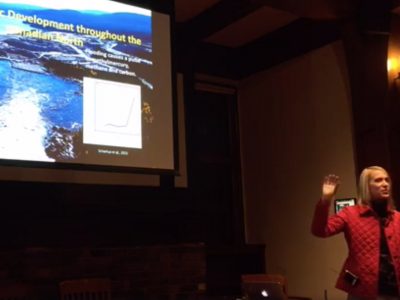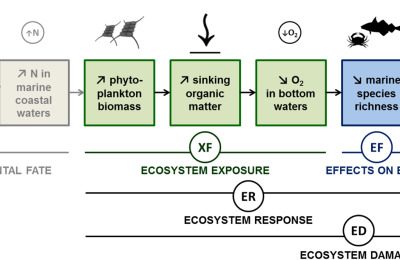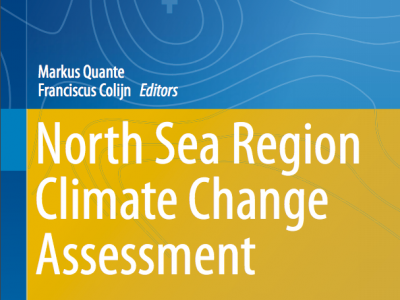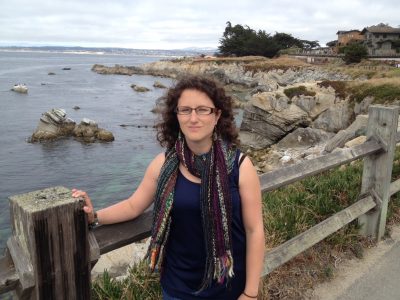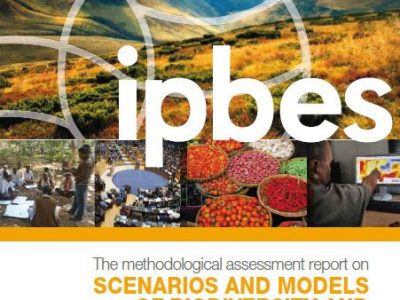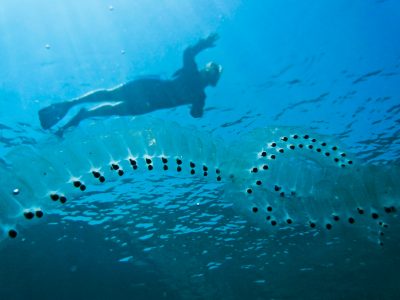Green College seminar: Impacts of climate change on contaminants in fisheries
“Our energy choices have ramifications for many other types of pollutants,” said Elsie Sunderland, Associate Professor of Environmental Science and Engineering at Harvard University and Nereus Program collaborator. “Hydroelectric: when we flood our reservoirs we actually cause a dramatic pulse in methylmercury production, which is neurotoxic, and we also cause a pulse in CO2 and methane.”



